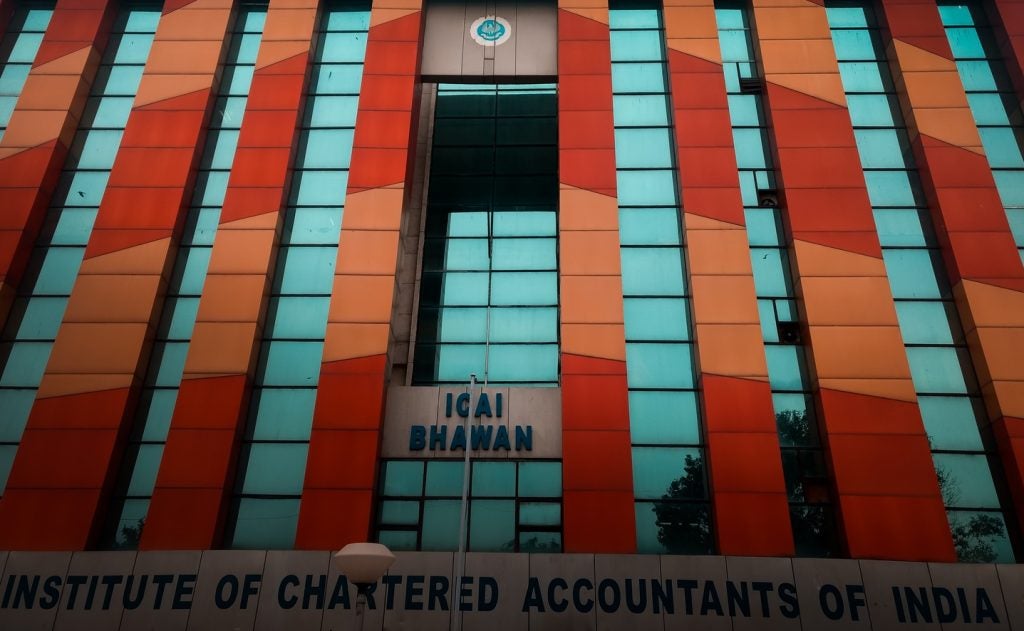“It isn’t the future, it is now.”
That was the optimistic view of digitalisation at the World Economic Forum, according to Chinese tech company, Baidu.
The session was conducted in front of a screen emblazoned with the words ‘big tech’.The debate reminded us that the biggest companies in China and around the world, are now all in the technology sector.
But the discussion was not restricted to those companies alone, but on every business – and every job – being affected by profound technological change.
Jobs will be “displaced not destroyed” argued Vodafone, but the human benefits from technological advance will only be achieved through collaboration, they said.
Meanwhile a separate session here on remaking global finance was distinctly cool on the new wave of crypto-currencies, with talk even of a “crypto- asset bubble.”
How well do you really know your competitors?
Access the most comprehensive Company Profiles on the market, powered by GlobalData. Save hours of research. Gain competitive edge.

Thank you!
Your download email will arrive shortly
Not ready to buy yet? Download a free sample
We are confident about the unique quality of our Company Profiles. However, we want you to make the most beneficial decision for your business, so we offer a free sample that you can download by submitting the below form
By GlobalDataOne view was that applications of blockchain other than bitcoin will ultimately be much more significant. BlackRock’s Larry Fink told an interviewer more colourfully: “crypto-currencies are an index for money laundering.”
For the concept of integrated reporting, we are seeking to work with businesses who understand that a fundamental change is taking place in how they collect information – for their own decision-making as well as in what they communicate to investors and to others externally.
The most pertinent finding for the IIRC at Davos in relation to this, has been in Deloitte’s “readiness report” for the Fourth Industrial Revolution.This says that companies are using new technologies to improve the efficiency of existing operations, but not yet to develop new business models to drive value for the future.
That is the challenge.
A challenge extended as well to yesterday’s ‘Climate Panel’, where participants from Al Gore to Greenpeace raised their hands to agree that technology “is a source of hope.”
I agreed heartily with the language in the debate of “connecting the dots”, and was delighted that the two business leaders on the panel are both leading advocates of integrated reporting: the Chief Executive of insurance company AXA and the President of Indian conglomerate Mahindra & Mahindra, who moved to publish their very first integrated report only last year.
Both demonstrated that climate is an issue of financial and not just ecological risk, with AXA’s Thomas Buberl explaining his divestment from coal as “uninsurable”, whilst Anand Mahindra properly challenged the audience to see climate change as “a business opportunity.”
Of course, the private sessions this week are as important as what goes on in the main Congress Centre, and today I have been further encouraged by private discussions with mainstream investors who are moving towards an ‘integrated’ and longer-term view of risk and return to the business.
Finally, when so much attention here has been on President Trump’s arrival in Davos, it is tempting for me to ignore the media frenzy and make this a politics-free column altogether.
But in advance of the U.S. President’s speech later today, I will record that Davos appears to have seen a sudden change of temperature, from an icy -7 degrees centigrade earlier this week to a perhaps balmier -2 last night.
Whether that constitutes a thaw and what that means, I leave the reader to draw your own conclusions.
By Richard Howitt, the CEO of the International Integrated Reporting Council (IIRC), who will blog daily from Davos 2018 for the International Accounting Bulletin and The Accountant.





